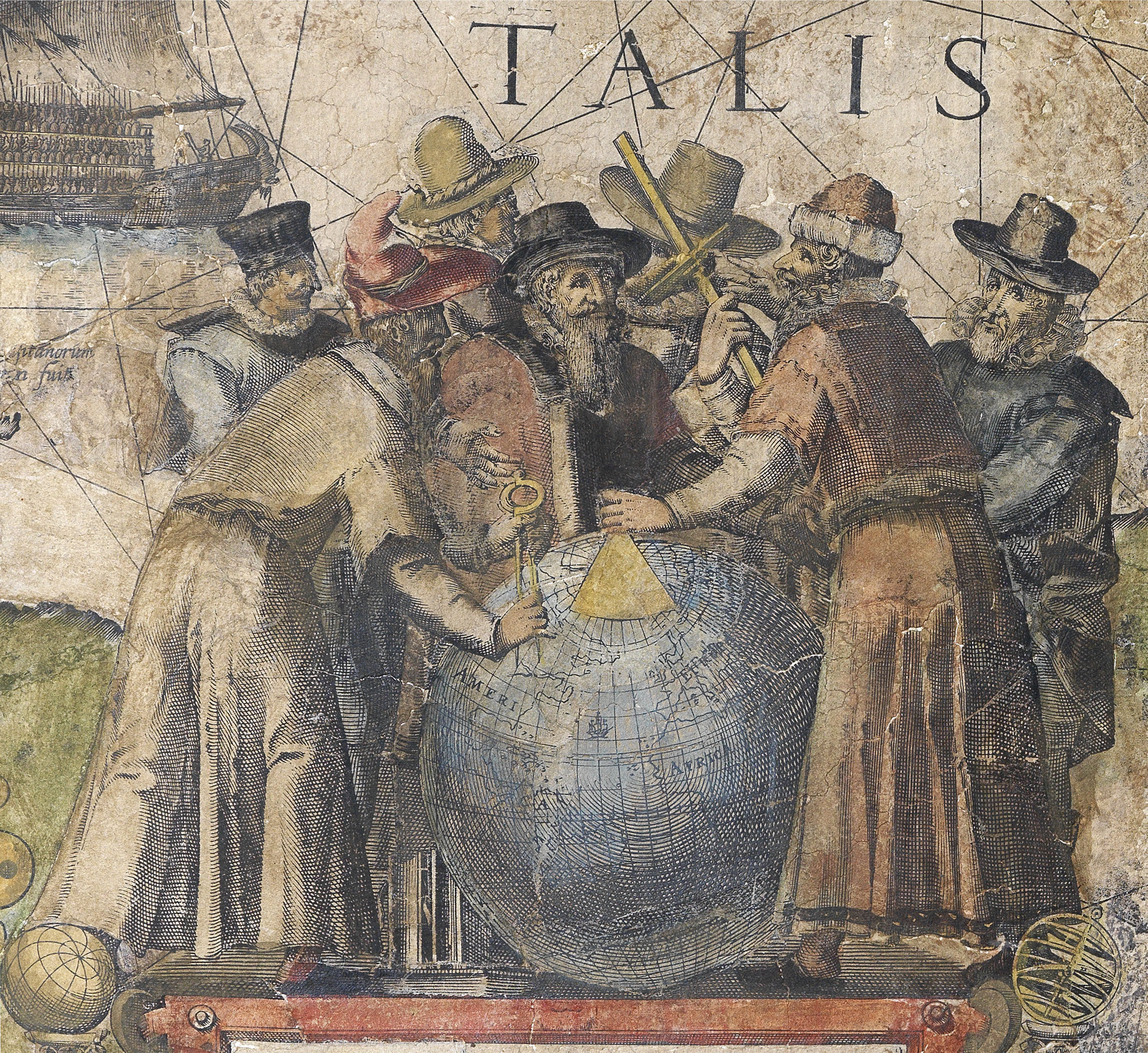Samuel Purchas
(c1577 - 1626)

Purchas spent his professional life in the Church of England. From 1621 to 1624 he was also a fellow of King James’s College at Chelsea, “the major arsenal of anti-Catholic polemic” (Armitage), where he composed his one published sermon, The Kings Towre (1622), and compiled much of his magnum opus, Hakluytus Posthumus, or, Purchas his Pilgrimes (1624–5).
Although Purchas was admitted to the Virginia Company on 22 May 1622, he was a quintessential armchair traveler, like Richard Hakluyt, with whom became acquainted in about 1610. Purchas published his own first compilation of travel literature, Purchas, his Pilgrimage, in 1613. A second edition followed the next year, augmented by information from books and manuscripts lent to him for the purpose by Hakluyt. Two further editions appeared in 1617 and 1626. In it he seeks to express a spiritual journey, as well as collecting temporal ones: to “bring Religion from Paradise to the Arke, and thence follow her about the World, and (for her sake) obserue the World it selfe, with the seuerall Countries and peoples therein”. His only independent original works, Purchas his Pilgrim: Microcosmus, or, The Historie of Man (1619) and The Kings Towre (1623), while containing travel accounts, were also primarily works of speculative theology characteristic of the Calvinist consensus of their time.
The Hakluytus Posthumus, or, Purchas his Pilgrimes, based in part on Hakluyt’s remaining manuscripts. In his introduction, Purchas describes being promised the legacy of Hakluyt’s unpublished papers on his death, but the agreement was never put in writing, and Purchas was required to buy Hakluyt’s literary remains for a large unspecified sum in 1617. Other sources include records of the British East India Company, on the proviso that he excludes all negative accounts of English exploits in the East.
At the time of its publication, it was the largest book ever printed in England, and the “bulkiest anti-Catholic tract of the age and the last great English work of geographical editing for almost a century… Purchas attempted to construct an argument upon geographical and historical evidence that was cosmopolitan, pan-European, global, and trans-historical. The militantly theological purpose of his works may partly account for the contempt and neglect into which he largely fell in the centuries after John Locke even-handedly advised in 1703 that for “books of travel … the collections made by our countrymen, Hakluyt and Purchas, are very good”” (David Armitage).
 地图
地图  地图集
地图集  珍本
珍本  版画
版画  天文仪器
天文仪器 






